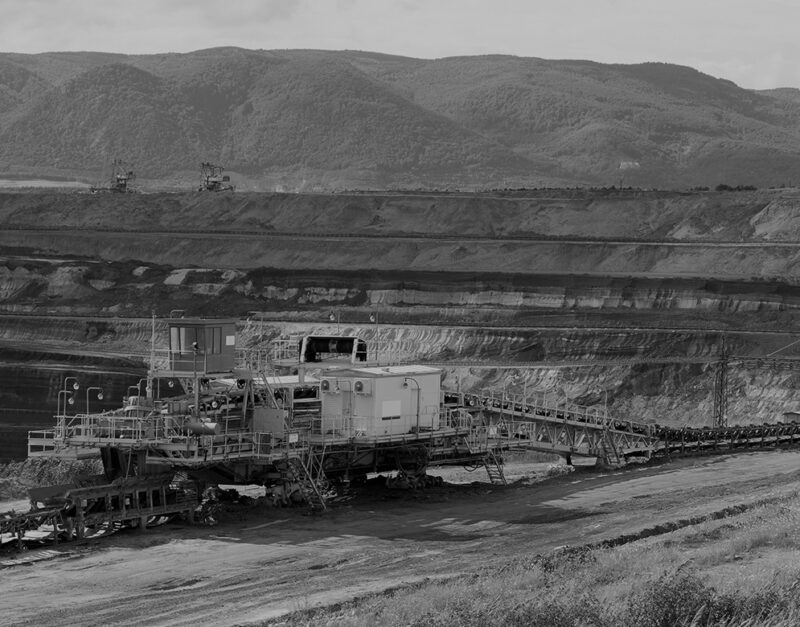 January 23, 2024
January 23, 2024 Talk about black lung disease, and immediately, pictures of coal miners covered with soot in the 1930s come to mind. In reality, progressive massive fibrosis (PMF) — known as coal workers’ pneumoconiosis (CWP) and commonly known as black lung disease — has become more common in contemporary miners despite safety regulations and known concerns about silica exposure.
Today’s Miners Getting Sicker, Sooner
In a study by National Jewish Health, a Denver-based academic hospital/clinic, researchers discovered that PMF is diagnosed in contemporary miners with less total tenure (30.4 years vs. 37.1 years) and less underground tenure (28.8 years vs. 35.8 years) than historical miners. And silica-type PMF is significantly more common among miners in above-ground jobs (30.1% vs. 15.8%) and contemporary miners (58.1% vs. 15.2%).
Passage of the Federal Coal Mine Health and Safety Act of 1969 did result in significant declines in the disease over several decades, but that trend reversed in the past two decades, according to the study.
Modern Business Practices Increase Exposure
“Thin seam mining,” the study says, “is associated with several factors that might have changed characteristics of respirable dust exposures, including extraction of significant rock material above and below the thin coal seam(s), which could increase the relative abundance of respirable crystalline silica (RCS) and other minerals.” More powerful modern cutting machines may also have changed the dust particle size distributions.
The study also notes that business practice changes, including the operation of smaller mines where fewer workers may perform various jobs in relatively dusty areas, longer shifts and overtime work may also be factors.
What Is Black Lung?
The Merck Manual defines black lung as “an environmental lung disease that is caused by breathing in a lot of coal dust over many years,” usually more than 10 years. It occurs mainly in coal miners and others who work with coal.
There are two types of black lung disease:
- Simple black lung
- Complicated black lung (PMF)
According to WebMD, black lung disease is different for every person. “For patients with simple CWP, the outlook is generally positive. The disease may be stable and not get worse over time. For people with complicated CWP, or PMF, the disease could get worse over time.”
What Are the Symptoms of Black Lung?
When symptoms occur, they often include:
- Cough, with or without black sputum
- Shortness of breath
- Chest tightness
Doctors consider these symptoms along with medical history to make a diagnosis. Typically, doctors order a chest X-ray, CT scan, or both, to look for spots or masses on the lungs or signs of inflammation. A pulmonary function test, which shows how well the lungs work, may also be used in the diagnosis.
What is the Treatment for Black Lung?
There is no cure. Treatments can only ease symptoms, prevent further damage to the lungs, and improve quality of life.
Doctors may prescribe medication to keep airways open, like inhalers. Supplementary oxygen may be ordered if oxygen levels are low. Smoking can lead to additional lung damage and can make symptoms worse, so doctors urge patients to quit. Pulmonary rehabilitation can help patients breathe better. In very rare cases, doctors will recommend a lung transplant. Lastly, patients are told to avoid all dust exposure.
How We Help Silicosis Victims
Seek justice with the help of our experienced attorneys. Our Dallas, Texas, law firm represents workers diagnosed with pneumoconiosis and other serious health effects from occupational exposure to toxic substances, aggressively fighting to hold these companies responsible for failing to keep workers safe. If you or a loved one has suffered chronic lung diseases like silicosis, we can help.


